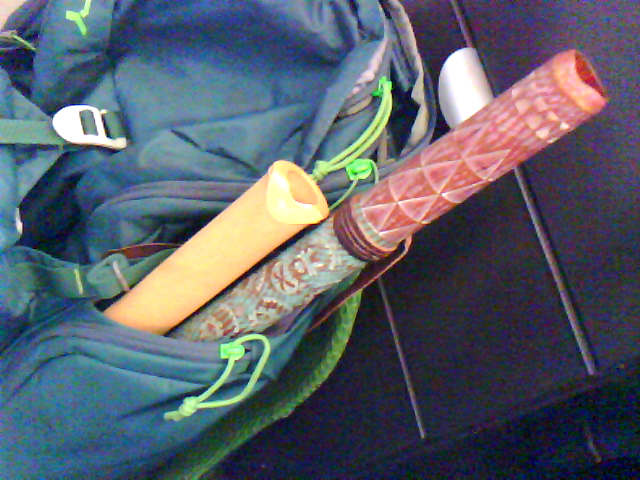When I was younger I learned piano to grade 6 level, and I also picked up some bass guitar along the way. I enjoy playing music and composing from time to time. But life is busy (PhD thesis/work/etc.) and I find it hard to convince myself I have time to practice.
What are some strategies I could use to keep up my skills despite a busy schedule? Things I'm currently most concerned about:
- Sight reading
- Accuracy and consistency in piano technique, inc. touch
- Accuracy and speed in bass guitar technique
Edit: I'm asking about specific practice techniques people have used. That is, practical advice. Motivation to practice should be assumed as given.

